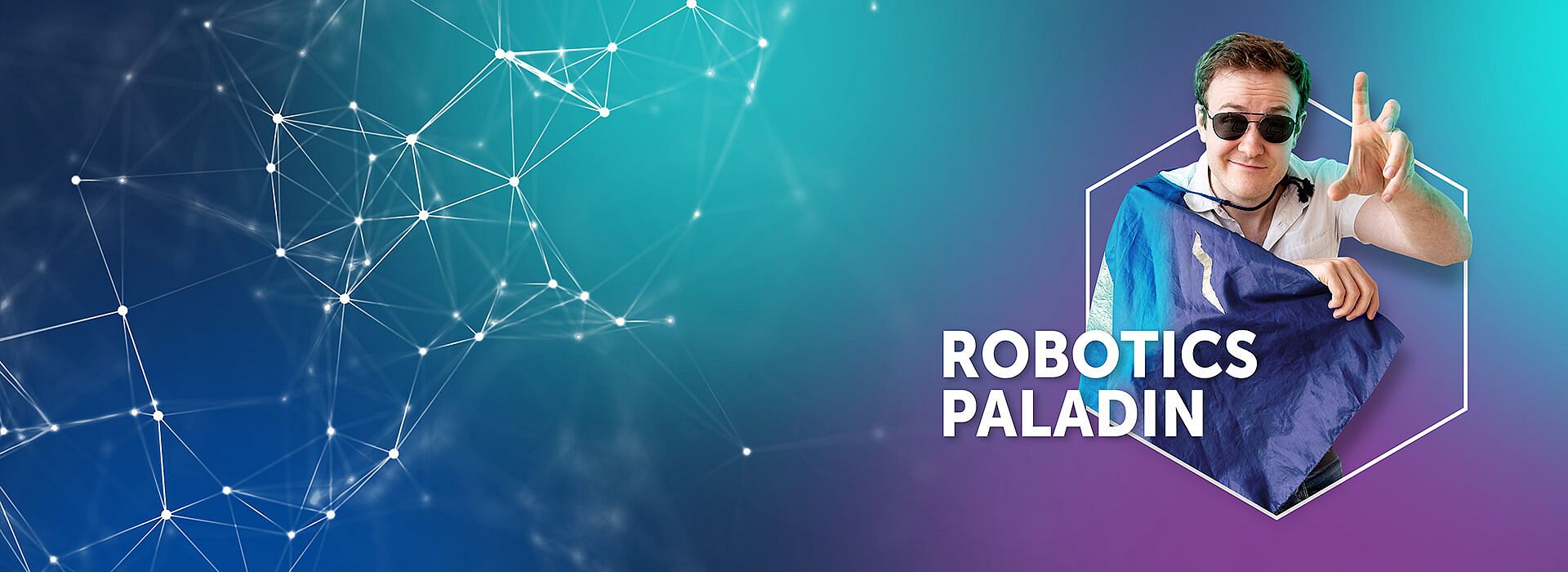
Evan defends biological principles in AI.
I'm a Senior Researcher in the Neuromorphic Computing field of competence. In our team, we try to apply biological principles to design more human-like, energy-efficient AI.
Within the team of Neuromorphic Computing, I have been working with a fascinating robot arm lately. We've taught it to perform basic tasks using a special chip that works much like a brain. Now we're also adding a very high-tech camera that works like a human eye.
After a year of hard work, my team and I have completed an incredible amount of research. The past few months have been spent completing and turning it into publications. In just two months, we submitted five papers for publication, and my very first master's student defended her dissertation. So it's quite an exciting time!
The entirety of my academia was in Astrophysics, so I've never formally studied computer science, although I have used that discipline as a tool in my work since my undergraduate days. Thus, I am not as familiar with programming concepts as classical computer scientists, but I have continued to improve in the subject matter.
It was an online posting when looking for jobs. I saw the word "Neuromorphic" and thought to myself it sounded like the coolest thing I'd ever seen. fortiss is one of the very few places that deal with this topic. And here I am!
A bunch of nerds! But those are the best kind of people! I again feel the difference between the world of industry and the world of research. What I appreciate the most is that at fortiss, we are all simply interested in pushing the boundaries of human knowledge, as opposed to pursuing profit alone.
Honestly, I often think about the purpose of humanity in the universe. My study of Astrophysics on the cosmology of the early universe was my first attempt to deal with this question, but it did not satisfy me. I now think that the big questions may be beyond human comprehension. So the logical step seems to be to develop a better mind to find big answers. Knowing that I am making a tiny contribution to whatever that inevitable future will be makes me sleep better at night.
The reality is that neuromorphic AI is probably a decade behind conventional AI. The impressive aspect is the energy reduction – sometimes as much as one thousand times less. If we continue on the path to superintelligent AI using conventional AI methods the energy demand on the earth will be extraordinary. So the hope is that our systems eventually replace behemoths with much more energy-friendly systems. We may very well also achieve surprising benefits along the way, such as robots with "consciousness".
I've got to be honest – I'm just here for the superintelligent robots. But on a more serious note, I want to see our research applied in a way that benefits humanity. I believe that neuromorphic AI has the potential to solve some of the world's biggest problems, from climate change to disease to poverty. So my vision is to see our research contribute to solving these problems and improving people's lives.
The coolest and newest technologies, such as neuromorphic AI or self-driving cars, are generally not immensely profitable. Companies may maintain small R&D departments to work on them, but it's very often done with a profit-oriented industrial spin. At fortiss, I love that I've found a place where I can study such a topic simply for the sake of studying it because it interests me. I don't have to try to sell it immediately as the "next big thing" like in the industry. I can just show up to work, immerse myself in unimaginably fascinating stuff, meet other researchers who are equally impassioned, and come home buzzing with the excitement of simply being part of this domain. To me, that's quite powerful. My advice to other applicants would be to be passionate and curious about their research, and to be willing to collaborate with others who share those passions. fortiss is a great place to work if you're interested in pushing the boundaries of what's possible in the world of AI.